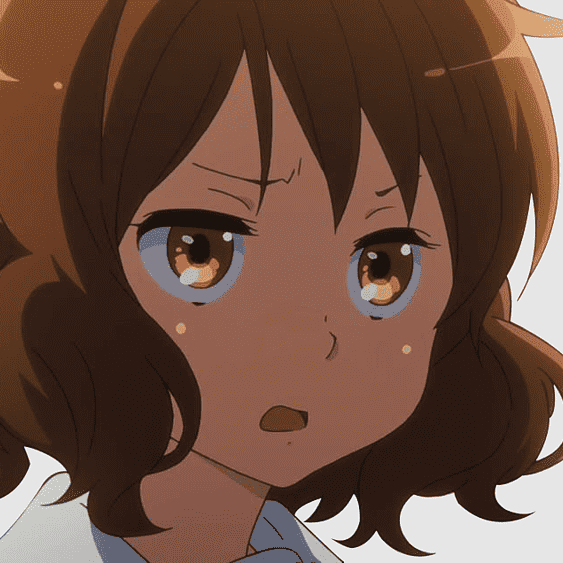I think in the next game I run I’ll ask for motivation as well as alignment. Get an idea of what could bring the group together
Daggerheart has a system for character’s bonds with each other that could very easily be ported to other systems.
Much better than the character that nobody trusts after 20 sessions because they keep doing shady shit.
As a DM I require that the players create characters that are able to trust each other and won’t do things to each other to create distrust. Sure, have some snarky banter or even come up with something that could cause conflict but you are both on the same page for ahead of time for story reasons.
Recently, my character in a Dungeons & Dragons game had committed a terrorism. I wasn’t playing about the time. I decided that I was going to play somebody else. But things changed and I wanted my old bird boy back, so I got him back. But due to his committing a terrorism, the rest of the party does have a bit of an issue with trust against him. That being said, that’s just role play and for fun. In any time of crisis, there is no hesitation that, Nevermore would have their back. We talk about it, we play with it, but it’s never an actual obstacle. And I think that a lot of people don’t understand how you can make that happen.
Yeah, some level of conflict is fine as long as it isn’t ongoing backstabbing that pisses off the other players. Like if someone wanted to be Bender from Futurama and pull a reason out of their ass to do the right thing when it matters and everyone else is cool with it that still counts as trust for me.
I guess it is more about the players trusting each other than the characters, but framing it as the characters trusting each other seems to work better at avoiding the characters that lead to interplayer conflict.
This whole problem is such an archaic D&D-ism. Most other games provide strong guidance or even explicit rules about how to make a party that works.
Fate has the “phase trio” where you go around and make up as a group how your characters have a past together. None of this “everyone makes their dude in isolation” nonsense.
Fate’s solution to this is so good. It’s so nice not to leave to chance the important binding glue of the party, while still making it part of gameplay.
I use Fate’s character/ party rules as house rules for every game system I GM.
Yeah, this is a major problem with D&D, and has been a problem in multiple campaigns that I’ve been a part of. There are a lot of players that just don’t look at the game from a perspective of making a party to do things together, even though that’s obviously what the game is about.




